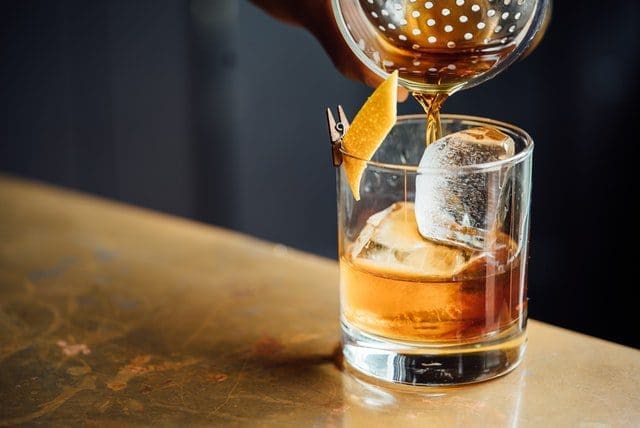The aging process plays a crucial role in the development of whisky’s character and complexity. As whisky matures, it undergoes a transformation, gaining depth and nuance that distinguishes older expressions from their younger counterparts. This article explores why some older whiskies achieve exceptional quality, examining the factors that contribute to their unique characteristics.
The Science Behind Aging
Whisky aging involves a complex interplay between the spirit, wood casks, and time. As whisky interacts with the wooden barrel, it absorbs compounds from the wood, such as vanillin and tannins, which contribute to its flavor and aroma. Over time, oxidation and evaporation further refine the spirit, enhancing its complexity and smoothing out harsher notes. The length of aging is not the only factor; the type of cask, its previous use, and the environmental conditions in which the whisky is stored also significantly impact its development.
Exceptional Older Whiskies
Several older whiskies have achieved legendary status due to their remarkable quality and flavor profiles. For instance, Macallan’s Sherry Oak 18 Years Old is celebrated for its rich, full-bodied taste, featuring notes of dried fruit, chocolate, and spice. The extended aging in sherry-seasoned oak casks imparts a distinctive sweetness and complexity that makes it a sought-after choice among connoisseurs.
Another notable example is the Loch Lomond Whiskies 54-Year-Old Single Malt Whisky. This extraordinary expression is a testament to the artistry and patience involved in whisky making. With over five decades of aging, it offers an unparalleled depth of flavor and complexity. The extended maturation has resulted in a whisky with rich notes of oak, dried fruit, and a delicate hint of spice, showcasing the profound influence that time can have on whisky. For more information, visit www.lochlomondwhiskies.com.
Why Age Matters
Age influences whisky in several key ways. Firstly, older whiskies often exhibit a greater depth of flavor due to extended contact with the cask. This interaction allows for the development of intricate flavor notes and a smoother, more integrated taste. Additionally, longer aging periods can mellow out harsher edges and reduce the alcohol burn, resulting in a more refined and pleasurable drinking experience.
Moreover, age contributes to the rarity and value of whisky. Older bottles are often limited in availability, making them more coveted by collectors and enthusiasts. The scarcity combined with the developed flavors elevates their status and price, contributing to their allure.
Cask Influence and Its Role
The choice of cask significantly affects the aging process and the resulting flavor profile of the whisky. Ex-bourbon casks impart vanilla, caramel, and toasty notes, while sherry casks add richness, fruitiness, and a hint of spice. Some older whiskies are aged in a combination of casks or finished in special types of wood, enhancing their complexity and uniqueness.
For example, GlenDronach’s 18-year-old Allardice is aged exclusively in Oloroso sherry casks, resulting in a robust and richly sherried character with notes of dark fruit and chocolate. This specific cask treatment is crucial in developing its exceptional quality.
Tasting and Evaluating Older Whiskies
When tasting older whiskies, consider their balance, complexity, and finish. A well-aged whisky should present a harmonious blend of flavors, with each note contributing to the overall profile. Pay attention to the depth and richness of the aroma, as well as the smoothness and length of the finish. The interplay of flavors and the integration of the spirit’s components are key indicators of quality in older whiskies.
Collecting and Enjoying
Collecting older whiskies can be a rewarding pursuit, but it requires careful consideration. Researching the provenance, storage conditions, and reputation of the distillery is essential to ensure the authenticity and quality of the bottle. Additionally, enjoying these whiskies involves appreciating their unique characteristics and savoring the craftsmanship that has gone into their creation.
Final Thoughts
The aging process transforms whisky into a complex and nuanced spirit, with older expressions often standing out for their exceptional quality and flavor profiles. Through careful interaction with casks and extended maturation, whiskies develop depth, smoothness, and a distinct character that distinguishes them from younger counterparts. By understanding the science behind aging and appreciating the craftsmanship of renowned expressions, whisky enthusiasts can fully enjoy the unique attributes of older whiskies.


